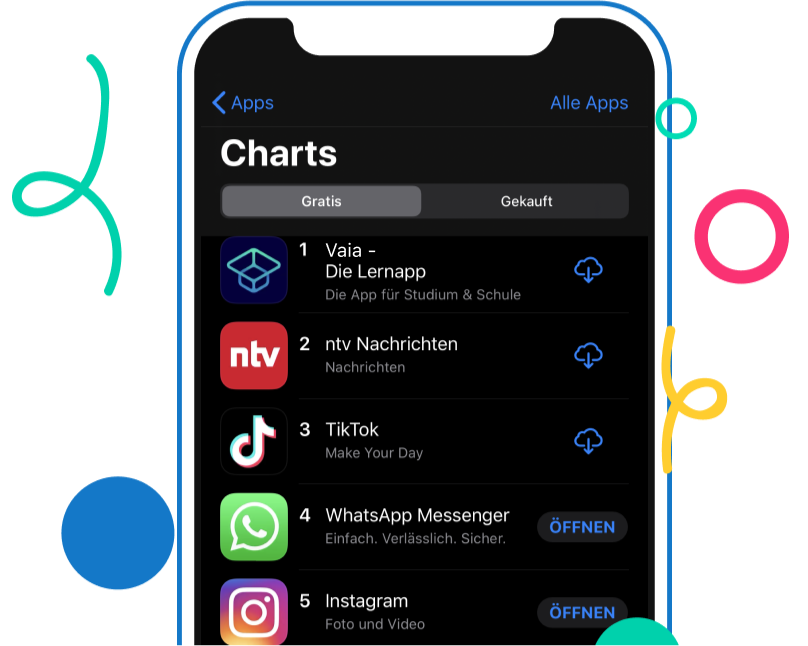Originating in the United States and observed in various countries worldwide, LGBTQ History month underscores the significant milestones and ongoing struggles faced by the LGBTQ community.
What is LGBTQ History Month?
This is a dedicated period to recognize and celebrate the contributions and history of the lesbian, gay, bisexual, transgender, and queer community. The month-long observance offers an opportunity to highlight significant moments in LGBTQ history, celebrate the progress toward equality, and address the challenges the community still faces.
When is LGBTQ History Month?
In the United States, LGBTQ History Month is observed annually in October. This timing aligns with National Coming Out Day on October 11 and the first and second marches on Washington for Lesbian and Gay Rights in 1979 and 1987, respectively. Other countries, including the UK, celebrate this month in February to coincide with the abolition of Section 28 in 2003, which had prohibited the promotion of homosexuality in schools.
How Did LGBTQ History Month Start?
LGBTQ History Month was first observed in the United States in 1994. Rodney Wilson, a Missouri high school teacher, believed a month dedicated to the teaching of gay and lesbian history was crucial to the process of acceptance and equality. Wilson, along with other teachers and community leaders, chose October to align the educational campaign with existing observances such as National Coming Out Day.
LGBTQ History Month Theme
Each year, LGBTQ History Month focuses on a particular theme that highlights significant issues faced by the community or celebrates notable achievements. For instance, in recent years, themes have focused on the importance of “Visibility” and “Equality,” emphasizing the struggles and victories within the LGBTQ community.
This year’s theme for LGBTQ History 2025 Month is Activism and Social Change.
LGBTQ Events for 2025
Across the month, various events take place to educate, commemorate, and celebrate LGBTQ history. These events range from community gatherings, educational seminars, and history exhibitions to film screenings and literary events featuring LGBTQ authors. Schools and colleges may also host lectures and workshops that delve into the rich history of significant movements and pivotal figures in the LGBTQ community.
LGBTQ Events You Should Try Out
Here’s a table outlining a variety of events that might typically be organized to celebrate and educate about LGBTQ+ history and culture. This table includes types of events, descriptions, and possible locations or formats.
| Event Type | Description | Location/Format |
|---|---|---|
| Film Screening | Showcase films and documentaries that explore LGBTQ+ pasts and personal stories. | In-person at community centers, online streaming platforms. |
| Educational Workshops | Workshops on topics such as LGBTQ+ rights, history, and advocacy, led by knowledgeable community leaders. | Schools, universities, online webinars. |
| Guest Lectures | Invitations to historians, activists, and influential figures within the LGBTQ+ community. | Public libraries, academic institutions, online. |
| Art Exhibits | Display artworks by LGBTQ+ artists or art that themes around LGBTQ+ experiences and history. | Art galleries, community centers, online galleries. |
| Panel Discussions | Discussions featuring diverse voices from the LGBTQ+ community discussing past struggles and future challenges. | Conference halls, online forums. |
| Storytelling Sessions | Personal stories from LGBTQ+ individuals highlighting their experiences and contributions. | Bookstores, cafes, online live sessions. |
| Community Gatherings | Social events to foster community support and networking among LGBTQ+ individuals and allies. | Community halls, parks. |
| Library Displays | Libraries feature books and multimedia resources about LGBTQ+ history and authors. | Public and school libraries. |
| Historical Tours | Guided tours focusing on LGBTQ+ history landmarks or significant locations in local or national history. | Walking tours in cities, virtual reality tours. |
| Themed Social Media Campaigns | Online campaigns to educate and share important milestones and figures in LGBTQ+ history. | Social media platforms. |
LGBTQ+ History Month vs Pride
While both LGBTQ History Month and Pride Month celebrate the LGBTQ community, they serve different purposes. Pride Month, observed in June, is rooted in the Stonewall Riots of 1969 and is a time for celebration and advocacy for equal rights. In contrast, LGBTQ History Month is observed in October, and is more about reflection and education, focusing on the historical journey and achievements of the LGBTQ community.
Conclusion
Finally, LGBTQ History Month not only honors the past achievements and struggles of the LGBTQ community but also promotes a future of greater inclusivity and equality. By understanding and celebrating this month, we contribute to a society where everyone can live openly and authentically. Whether through participation in events or engagement in educational opportunities, this month provides a chance to deepen understanding and strengthen advocacy for LGBTQ rights.







